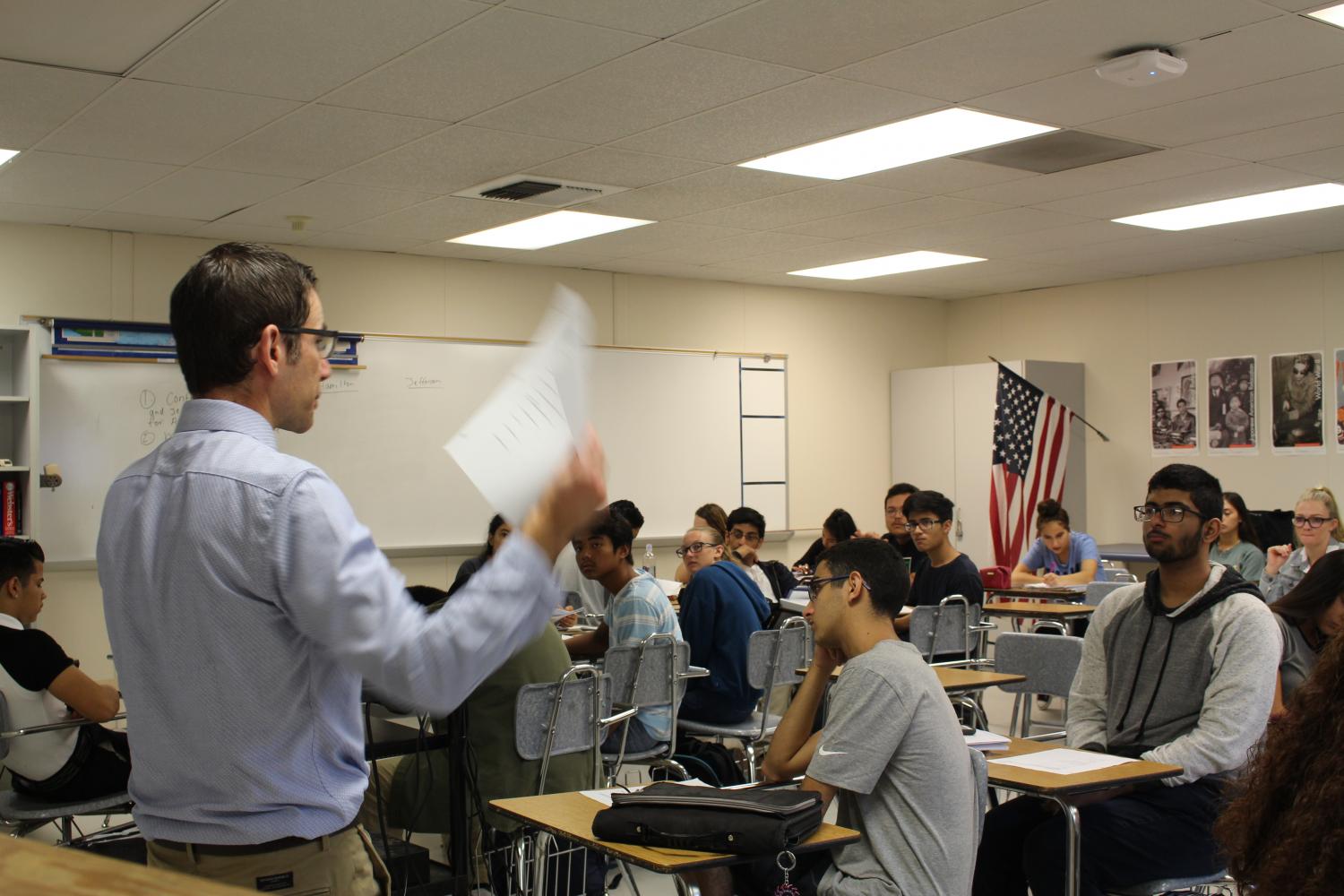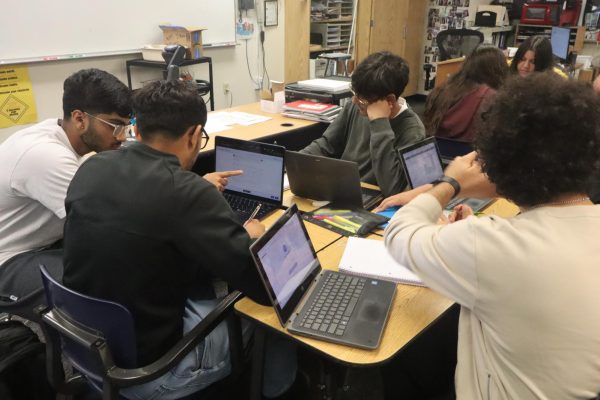Why controversial discussions are needed at West
As always, the start of a new school year offers plenty of excitement and opportunity, not to mention change. While West High students have had their fair share of changes in the past few years, they now have to face national changes with President Donald Trump stirring the pot in office.
Let’s begin with a brief summary of events that have taken place over the summer. Yes, I did say summer. What feels like a year’s worth of White House drama has in fact occurred within the past three blazing months. While some of the scandal is as trite as Trump’s tweets (insert video of Mr. President performing in a WWE professional wrestling match, his opponent “Fake News” bearing the CNN logo), other incidents are a bit more alarming, such as new tidings in the ongoing FBI investigation on Russia, as well as Trump’s announcement of a transgender military ban. To finish the hot summer, Nazis made an appearance in Charlottesville, Virginia at white nationalist rallies, to which Trump blamed “both sides” for the horrendous violence that left one woman dead.
It is safe to say that most of us are tired of the Trump tsunami.
One prominent element that has emerged from the Trump presidency however is something so simple yet enormously powerful: conversation. It is no secret that America has its problems, the difficulty is in addressing such problems. From full intense debates on television to the more familiar Twitter feuds, people have become more vocal about ongoing issues and their opinions of such matters. This brings up an interesting question: Is there conversation at West High?
While I would like to believe that every student at West High is an informed citizen, the reality is many students are unaware of exactly what is occurring in their country. There are many factors that may be responsible for this lack of awareness, ranging from the simple explanation that students may not have access to news at home, to the utterly frustrating mentality “if it doesn’t affect me, why should I care?”
The first category is a relatively easy fix, while the latter is a curious case; students with such attitudes may feel that impartiality is their right, which ultimately is true. That’s the wonderfully unique thing about America: our freedom of expression is up to us. In the end however, it is this mindset, a mindset of looking the other way and ignoring the conflicts that lay before your very eyes, that helps fuel said conflicts in the country.
Willful ignorance is still, at heart, ignorance. Many people witness this; a parent switching stations because they don’t want to hear debates, a friend who blocks certain topics appearing on their social media, a teacher who hurriedly changes the agenda the moment politics comes into play. It happens, and at times it makes sense. It’s uncomfortable. It’s frustrating. But when looking ahead at the years following graduating from West, students should be able to participate and engage in their society, which more often than not requires the ability to have difficult conversations.
When asked about whether or not discussion could be found in the classroom, senior Chaztine Embucado feels they aren’t commonly found. “In my experience, teachers at West High almost immediately extinguish any attempt at or possibility of such discussions…Many [teachers] say ‘Let’s not get political here.’” While it is understandable that teachers do not wish to push any political agendas on students, there are many ways that positive conversations can take place in a safe environment.
In my own personal experience, group discussions have added insight to the classroom and many students have discovered different perspectives they otherwise would not have heard nor taken to mind. Junior Rasleen Kaur is currently taking US History, and agrees that these topics have a place within the walls of a high school. “I feel like [American politics] is a topic on everyone’s mind. Teachers talk about it, adults talk about it and kids do as well. We see it on Snapchat and social media, so…having it in the classroom seems appropriate.”
The controversial topics include subjects relevant to students and their daily lives, including racism, hatred and discrimination. While our campus is relatively free of these negative aspects, the world beyond our school gates is full of them. Several of my friends have been targets of racial hate and sexism, which leads me to wonder whether the discussions held in school could have helped prepare them in any way to handle such situations.
As difficult as it may be, I encourage all students to try their best to inform their friends and spread awareness. We as young citizens are the future, and it’s imperative that we start the conversation here and now.






